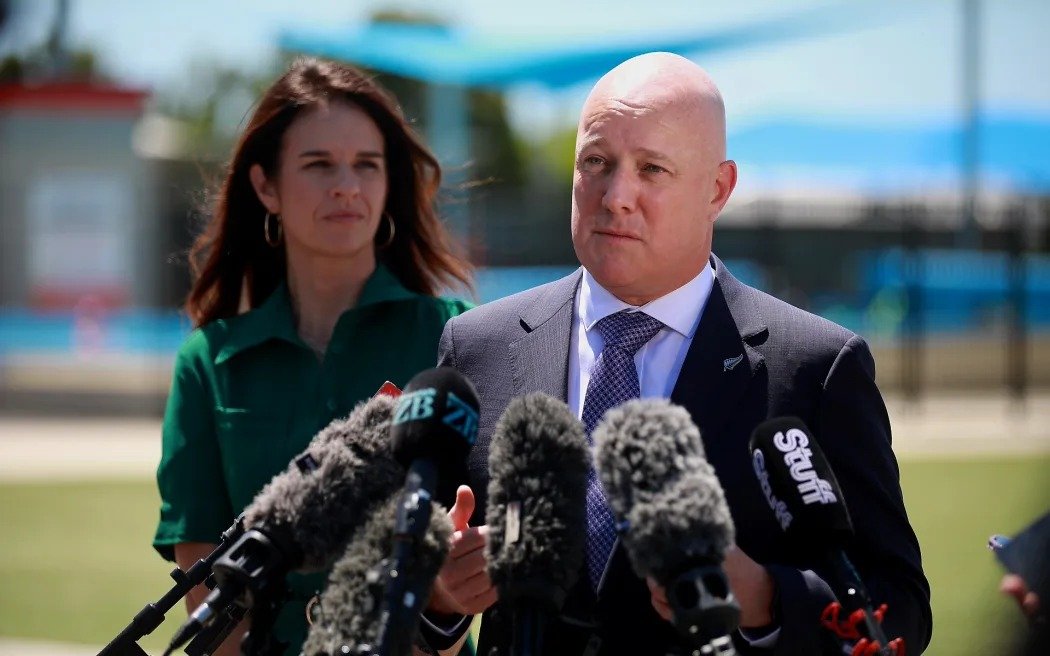FG Reverses Mother Tongue Policy, English Now Language of Instruction in Schools

In a significant policy shift, the Federal Government of Nigeria has announced the reversal of the 2022 National Language Policy, which required that children from early childhood through Primary Six be taught in their mother tongue or the language of their immediate community.
Speaking at the Language in Education International Conference 2025 in Abuja, organized by the British Council, Education Minister Dr. Tunji Alausa confirmed that English will now be the language of instruction across all levels of schooling, from primary through tertiary education.
According to Alausa, evidence-based research by the Ministry of Education indicated that teaching in the mother tongue had “destroyed” the education system, as students were advancing through classes without acquiring essential skills, resulting in poor performance in national examinations such as WAEC, JAMB, and NECO.
Alausa highlighted the challenges posed by Nigeria’s linguistic diversity, noting that regional disparities often left students unable to fully understand lessons taught in local languages.
For instance, in Borno State, while Hausa is commonly used, many students speak Kanuri. In Lagos, areas like Ajegunle have predominantly southeastern populations, yet most teachers are from the southwest, creating further barriers. He stressed that a unified approach using English would help standardize learning and improve academic outcomes across the country.
The 2022 policy aimed to promote indigenous languages and preserve cultural heritage, recognizing Nigeria’s over 600 languages, 29 of which are already extinct. However, practical challenges, such as developing teaching materials, training teachers, and managing regional linguistic differences, hampered implementation.
The conference also emphasized the role of English in promoting inclusion, with participants exploring strategies to improve language proficiency and testing solutions across Africa, South Asia, and the UK.
This policy shift underscores the fundamental right of every child to quality education. Children have the right to learn in a language that enables comprehension, skill acquisition, and meaningful participation in society.
While cultural preservation is important, ensuring access to effective instruction in a widely understood language is crucial for children to fully realize their potential and succeed academically.
Education policies must always prioritize the child’s ability to learn, thrive, and exercise their rights, rather than inadvertently creating barriers to understanding and achievement.





